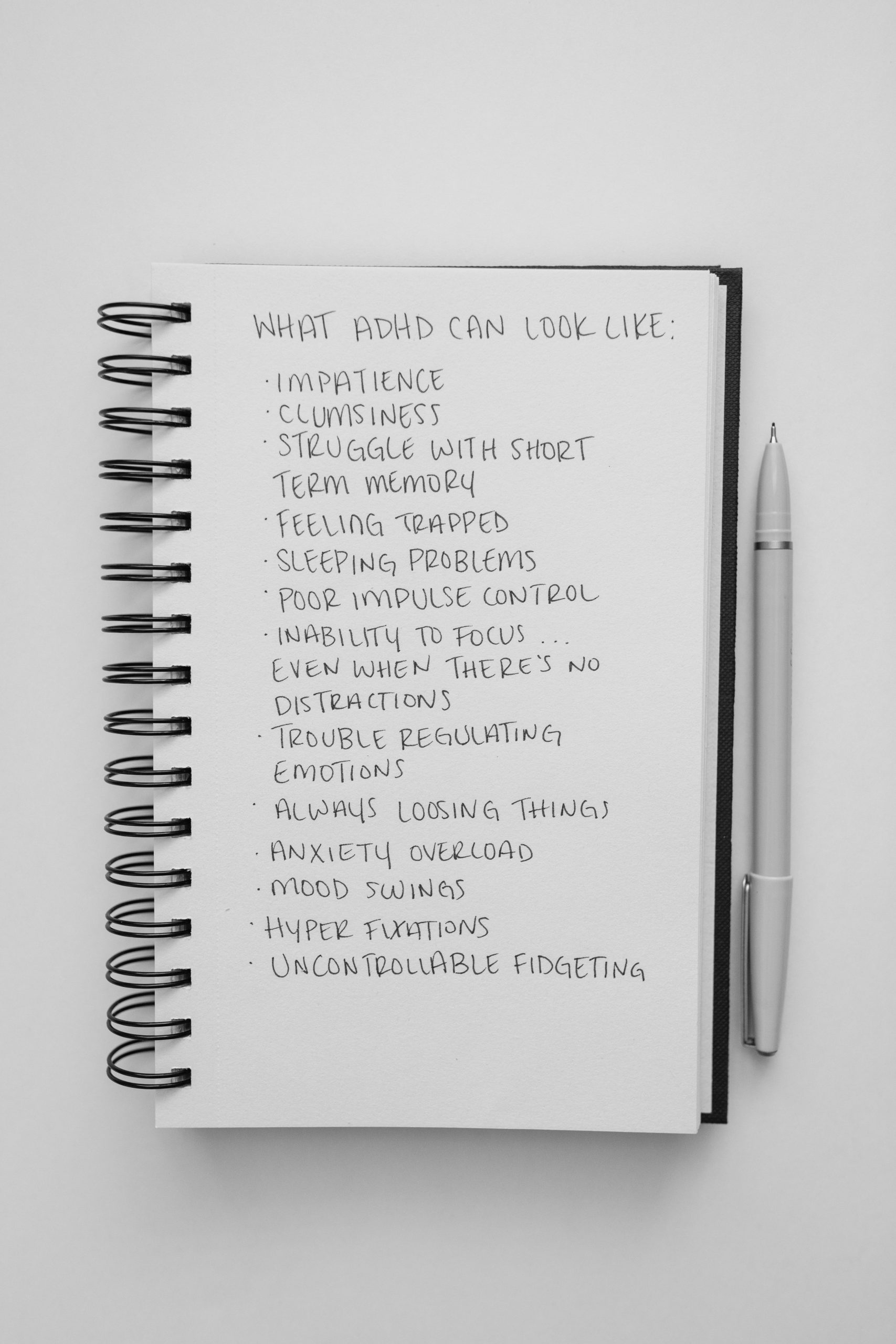Anxiety is a common yet debilitating condition that affects millions of people worldwide. While medication can help, many individuals seek natural, long-term solutions to manage their symptoms. Cognitive Behavioral Therapy (CBT) is a highly effective, evidence-based approach that empowers individuals to reframe negative thought patterns and develop healthier coping mechanisms. By incorporating CBT techniques into daily life, you can reduce anxiety and regain control over your emotions. Below, we explore some of the most effective CBT strategies to manage anxiety naturally.
Understanding Cognitive Behavioral Therapy (CBT)
CBT is a structured, goal-oriented therapy that focuses on the connection between thoughts, emotions, and behaviors. The core principle is that negative thought patterns contribute to anxiety, and by changing these thoughts, you can alter emotional responses and behaviors. Unlike traditional talk therapy, CBT is action-oriented, providing practical tools to challenge and reframe anxious thinking.
How CBT Works for Anxiety:
- Identifies irrational or exaggerated fears
- Challenges cognitive distortions (e.g., catastrophizing, black-and-white thinking)
- Teaches problem-solving and relaxation techniques
- Encourages gradual exposure to anxiety triggers
Key CBT Techniques for Managing Anxiety
Cognitive Restructuring
Cognitive restructuring helps individuals recognize and replace negative thoughts with balanced, realistic ones. This technique involves:
- Identifying Automatic Thoughts: Pay attention to thoughts that arise during anxious moments (e.g., “I’m going to fail”).
- Evaluating Evidence: Ask yourself, “Is this thought based on facts or assumptions?”
- Reframing: Replace the negative thought with a more rational one (e.g., “I’ve prepared well, and I can handle this”).
Exposure Therapy
Exposure therapy gradually desensitizes individuals to anxiety-provoking situations. By facing fears in a controlled manner, the brain learns that the perceived threat is not as dangerous as imagined. Steps include:
- Creating a hierarchy of anxiety-inducing scenarios (from least to most distressing)
- Starting with mild exposures and progressively working up
- Practicing relaxation techniques during exposure to stay calm
Mindfulness and Relaxation Techniques
Mindfulness helps ground individuals in the present moment, reducing excessive worry about the future. Effective techniques include:
- Deep Breathing: Slow, diaphragmatic breathing activates the parasympathetic nervous system, reducing stress.
- Progressive Muscle Relaxation: Tense and release muscle groups to relieve physical tension.
- Mindful Meditation: Focus on the breath or a mantra to quiet racing thoughts.
Implementing CBT Techniques in Daily Life
To maximize the benefits of CBT, consistency is key. Here’s how to integrate these techniques into your routine:
Journaling for Self-Reflection
Keeping a thought journal helps track anxiety triggers and patterns. Write down:
- Situations that caused anxiety
- Automatic thoughts and emotions
- Alternative, balanced thoughts
Setting Realistic Goals
Break down overwhelming tasks into smaller, manageable steps. Celebrate small victories to build confidence and reduce avoidance behaviors.
Practicing Self-Compassion
Anxiety often stems from self-criticism. Replace harsh self-talk with kindness, acknowledging that setbacks are part of the process.
When to Seek Professional Help
While self-help CBT techniques can be effective, severe anxiety may require professional guidance. Consider therapy if:
- Anxiety interferes with daily functioning
- Self-help strategies aren’t yielding results
- Physical symptoms (e.g., panic attacks) are frequent
A licensed CBT therapist can provide personalized strategies and support for long-term recovery.
Conclusion
Cognitive Behavioral Therapy offers powerful, natural tools to manage anxiety by reshaping thought patterns and behaviors. Techniques like cognitive restructuring, exposure therapy, and mindfulness can significantly reduce symptoms when practiced consistently. By integrating these strategies into daily life, you can cultivate resilience and regain control over anxiety. Remember, progress takes time—be patient with yourself and seek professional help if needed. With dedication, CBT can pave the way to a calmer, more balanced life.
